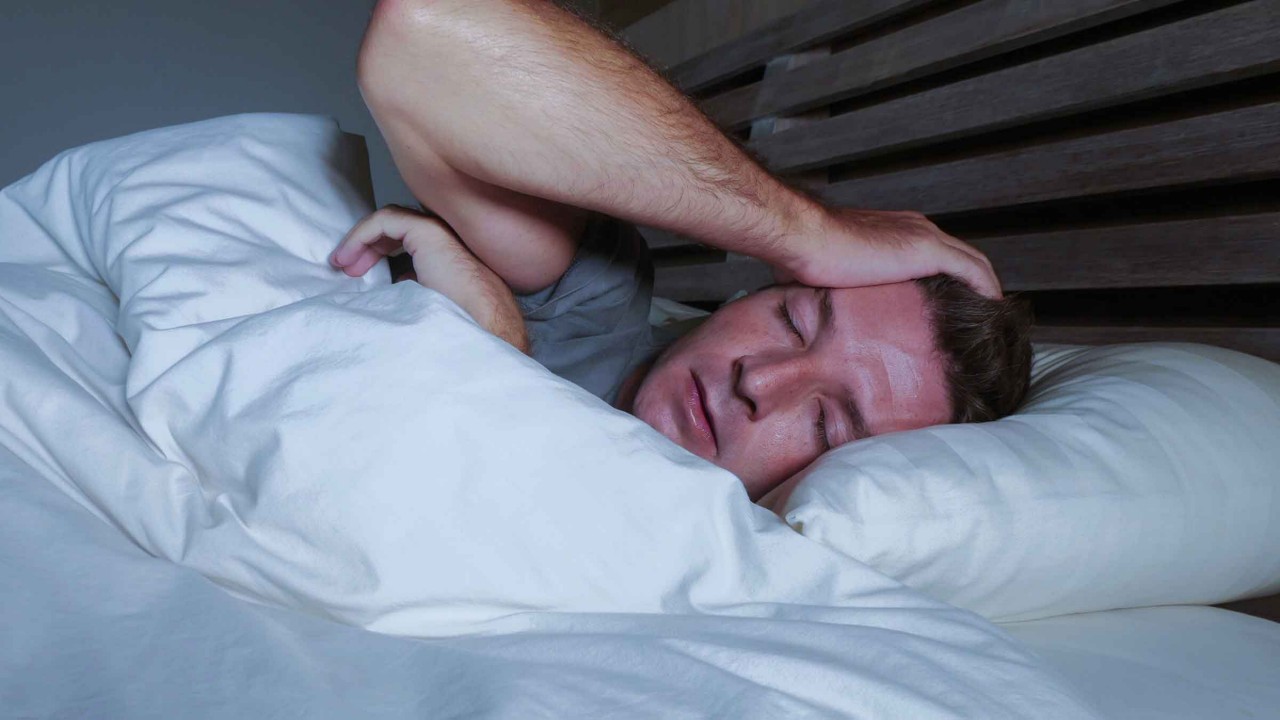How a lack of sleep may affect your weight — and health

If you’ve been having trouble getting enough sleep, you’re not alone. About 50 to 70 million Americans, of all ages, have issues when it comes to sleep. And it’s not only from staying up late. Whether it’s due to an increase in absorbing technology or a shift from the typical 9-to-5 workday, not getting enough zzz’s will not only leave you feeling tired, it may have an impact on your weight.
Sleep can affect hormone levels that are linked to your metabolism and appetite, which may cause a person to overeat. Experts say sleep deprivation can lead to overeating and possible weight gain.
A lack of sleep may also affect hormones ghrelin and leptin, and thus increase hunger, particularly for foods high in carbohydrates and calories. In addition, not getting enough sleep leaves people with little to no energy, which decreases physical activity.
Poor sleep can also impact your overall health in a big way. Not getting enough sleep has been shown to have a link to increased rates of Type 2 diabetes, as well as hypertension (or high blood pressure) and obesity. And obesity can raise the risk of heart disease, heart attack and stroke.
In another study, women who slept five hours or less at night over the course of 16 years had a 15% increased risk of becoming obese, versus those who slept seven hours a night.
So, what can you do to get better shut-eye? Here are a few tips that may help you sleep smarter and perhaps stay at a healthy weight:
- Hours matter. Simply put, there’s no way you can cut corners on the hours of sleep you need. Adults need seven or more hours of sleep each night. Children need a minimum of eight hours every night, which varies by age.
- Practice good sleep hygiene. Stick to a regular schedule, make sure your bedroom is dark and quiet and make sure your thermostat is at a comfortable temperature.
- Go easy on caffeine and alcohol — and do it well before bedtime. Foods and beverages with caffeine shouldn’t be taken right before bedtime. Alcohol can also disrupt your sleep.
- Turn off your screens. The blue light from devices such as TVs and cell phones can interfere with the hormone melatonin, which can make it more difficult to fall asleep.
If you still have concerns about not getting enough sleep, talk to your doctor. He or she might recommend a sleep study, which can determine whether you have sleep apnea or another condition that’s affecting your rest.

